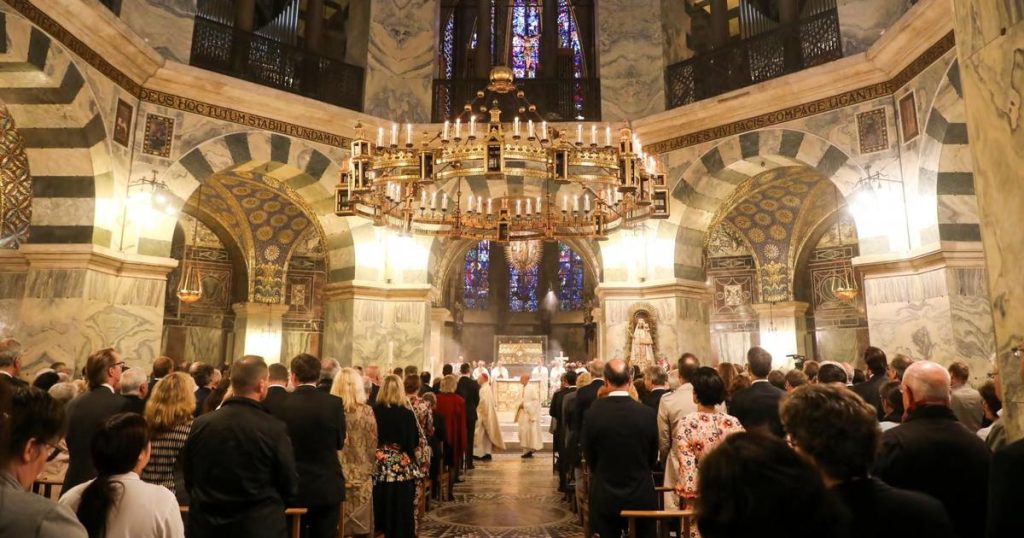According to a report by CBS News, there is a spectrum of opinions among U.S. Catholics regarding their relationship with the church and the pope. The report highlights the diversity of views held by Catholics in cities across the country. Some Catholics feel a strong connection to the church and the pope, while others have a more tenuous relationship with the institution. The report suggests that Catholics’ individual beliefs and experiences shape their feelings towards the church and the current pope.
One factor that influences U.S. Catholics’ relationship with the church is their personal experiences within the faith. Some individuals may have had positive interactions with the church and feel a deep sense of connection to its teachings and traditions. For these Catholics, the pope serves as a symbolic figure of religious authority and guidance. On the other hand, individuals who have negative experiences with the church may feel estranged from its teachings and leadership. These individuals may have a more critical view of the church and the pope.
Another factor that impacts U.S. Catholics’ views on the church is their personal beliefs and values. Some Catholics align closely with the church’s teachings on social issues and morality, which strengthens their bond with the institution. These individuals may view the pope as a moral leader and strive to follow his guidance in their daily lives. Conversely, some Catholics may hold beliefs that diverge from the church’s teachings, leading to a more complicated relationship with the institution. These individuals may struggle with aspects of church doctrine and may be less influenced by the pope’s authority.
The report also highlights the role of community and culture in shaping U.S. Catholics’ relationship with the church. In some communities, the church plays a central role in social and cultural life, and individuals feel a strong sense of belonging to their religious community. These Catholics may have a deep reverence for the pope as a spiritual leader who represents the values and traditions of their community. In contrast, individuals from communities with less religious influence may have a more distant relationship with the church and the pope, as their cultural identity may not be closely tied to Catholicism.
Furthermore, the report touches on the influence of current events and societal issues on U.S. Catholics’ perceptions of the church and the pope. Some Catholics may feel inspired by the pope’s advocacy on social justice issues and his efforts to address global challenges. These individuals may see the pope as a progressive leader who is working towards positive change within the church and society. On the other hand, some Catholics may be disillusioned by scandals or controversies within the church, leading to skepticism towards the institution and its leadership.
Overall, U.S. Catholics’ relationship with the church and the pope is shaped by a variety of factors, including personal experiences, beliefs, community ties, and societal influences. While some Catholics feel a strong connection to the church and view the pope as a symbol of faith and guidance, others may have a more critical or distant relationship with the institution. The report indicates that there is a broad spectrum of opinions among U.S. Catholics, reflecting the diversity of beliefs and experiences within the Catholic community across the country.


